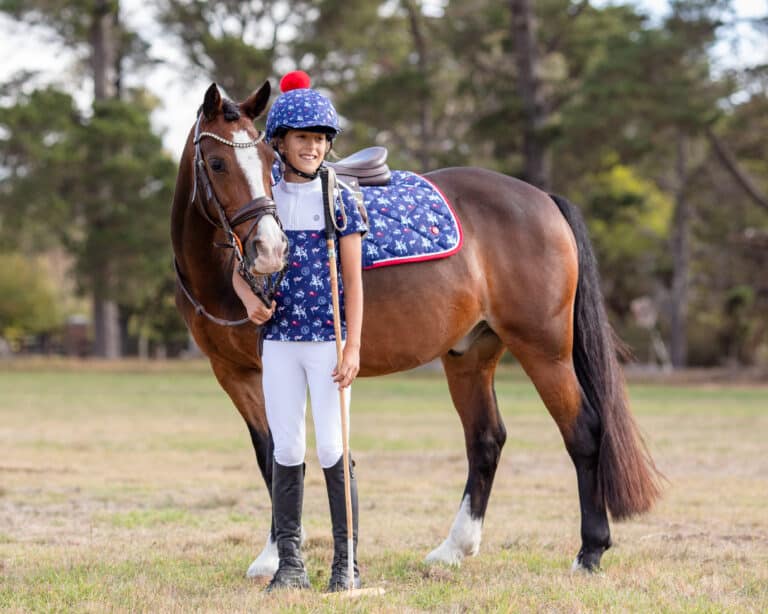The horse whose name became part of Australia’s language.
Everybody knows a drongo—Australian slang for a no-hoper, a hapless soul who, try as he might just can’t do anything right—but most don’t know how the term entered our language. It came from Drongo, a well-performed racehorse of the 1920s, who traced back to a blue-blood thoroughbred bought from Australia by Lillie Langtry, known as ‘The Jersey Lily’, one of King Edward VII’s mistresses when he held the title of Prince of Wales.
Despite his stout breeding, Drongo couldn’t win a race in 37 attempts. Contrary to popular opinion, however, he wasn’t hopeless—he ran only in city races and often on the best racecourses against the best horses of his era. He finished second in the 1923 Victoria Derby and the 1924 VRC St Leger and third in the 1924 AJC St Leger, races for the best staying three- year-olds. Drongo, as a racehorses wasn’t half bad, although it didn’t take long for punters to claim a “mug” was a “drongo”.
Drongo is the story of a uniquely unfortunate horse whose legacy was not on the track but in his contribution to the colourful Australian language.
“Walkley’s book is a lovingly researched homage to the also-rans. It shows you can love a horse when others scorn. His book can only bring out a new legion of fans to cheer on a champion that never was, eternally the out-and-out Drongo.” Andrew Lemon, Victoria Racing Club’s consultant historian.
Bruce Walkley worked as a reporter and sub-editor for leading Australian newspapers and news organisations for 50 years. Now retired, he lives in Sydney, where he continues to indulge his passion for research and writing.
Visit http://bit.ly/11A3pJH for more information.






